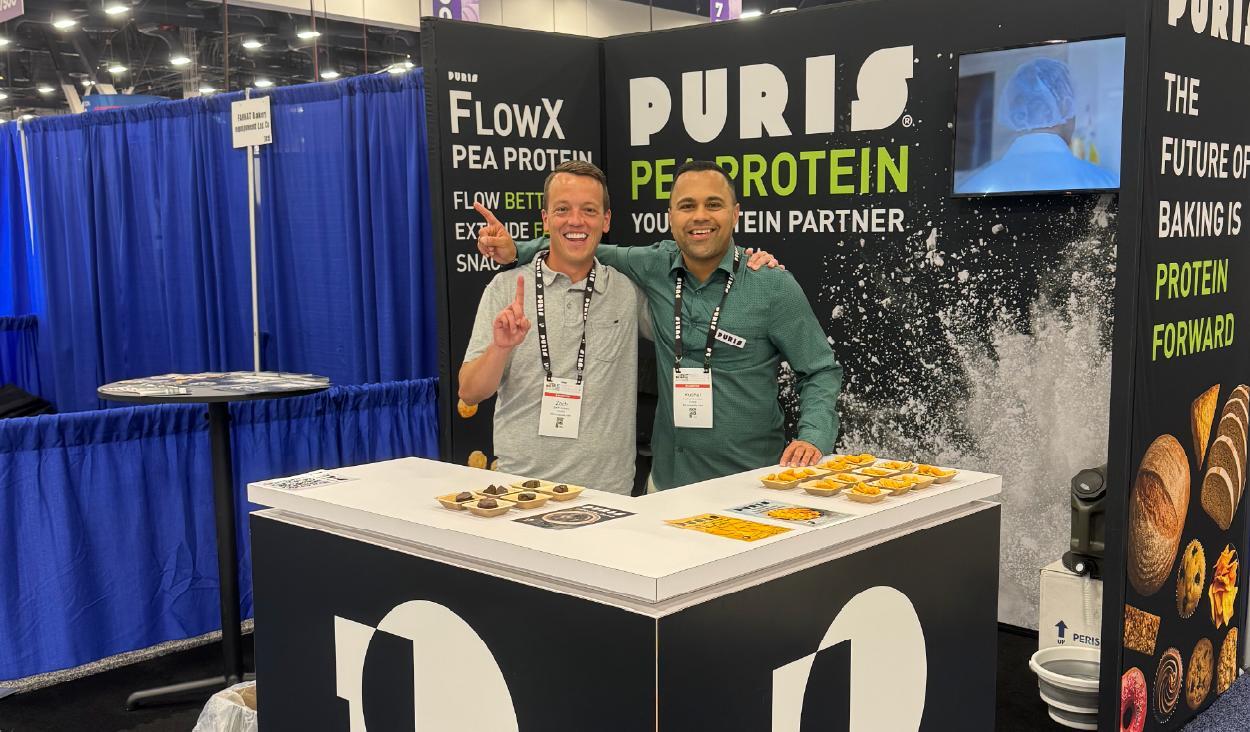Get ready for a shift in the landscape of organic ingredients, particularly for those relying on imported organic pea protein. The Strengthening Organic Enforcement Act (SOE Act), put into effect by the USDA National Organic Program (NOP) in 2023, is set to go into effect on March 19, 2024, and will bring stricter regulations that could significantly impact the availability and authenticity of imported organic products, especially pea protein.
Your Organic Pea Protein Supply Might See A ShakeUp
Organic pea protein has become a popular plant-based protein source, used in everything from protein bars and smoothies to pasta and baked goods; however, a significant portion of organic pea protein consumed in the U.S. is currently imported, primarily from China.
Concerns have been raised about the potential for fraudulent practices within the supply chain, with some questioning whether all imported pea protein truly meets organic standards.
The SOE Act: Maintaining YOUR Product's IntEgrity
The SOE Act aims to address these concerns by implementing stricter import requirements for organic products. Key changes include:
- Mandatory organic certification for importers: Previously, only the exporting country needed to certify products as organic. Now, importers, brokers, and traders must also be certified, ensuring greater transparency and accountability throughout the supply chain.
- Digital import certificates: These electronic documents will allow for real-time tracking of organic imports, making it easier to identify potential fraud.
- Increased risk-based inspections: The USDA will prioritize inspections for products and countries with higher fraud risk, further strengthening the security of organic imports.
What Does This Mean For Your Brand?
While the SOE Act intends to protect consumers and ensure the integrity of the organic label, it may also temporarily disrupt the supply chain for imported organic pea protein.
Here's what you can do:
- Secure a domestic supply: Partner with reliable U.S.-based organic pea protein suppliers like PURIS to mitigate reliance on potentially unstable import sources.
- Transition to a Glyphosate Residue Free certified pea protein: The SOE Act does not directly address glyphosate, a controversial herbicide sometimes used on peas. Look for Glyphosate Residue Free certified products like PURIS pea proteins to offer added assurance to health-conscious consumers.
- Embrace transparency: Build trust with your customers by demonstrating your commitment to sourcing high-quality, authentic organic ingredients. Highlight your partnerships with domestic suppliers and utilize certifications like Glyphosate Residue Free to communicate your dedication to clean and ethical ingredient sourcing.
The SOE Act marks a turning point for the organic industry, offering greater protection for consumers and driving a shift towards higher quality, transparent supply chains. By proactively adapting your sourcing strategies and embracing transparency, you can turn this regulatory change into an opportunity to differentiate your brand and thrive in the evolving organic market.






